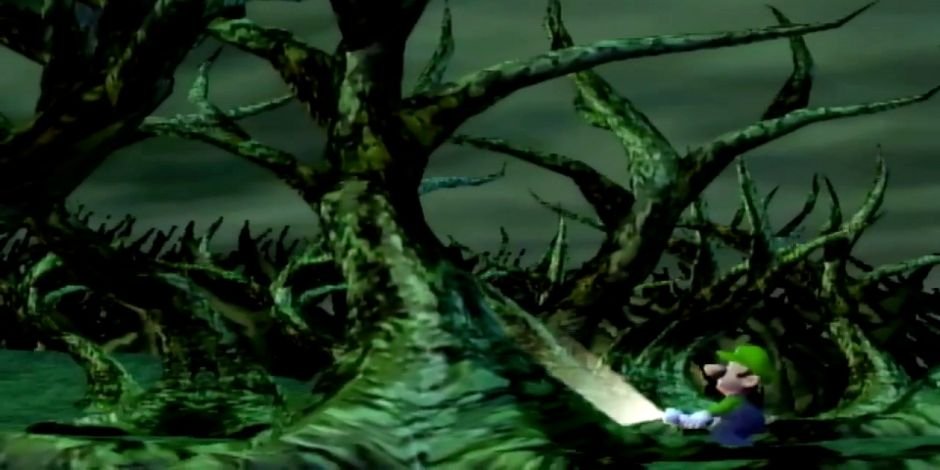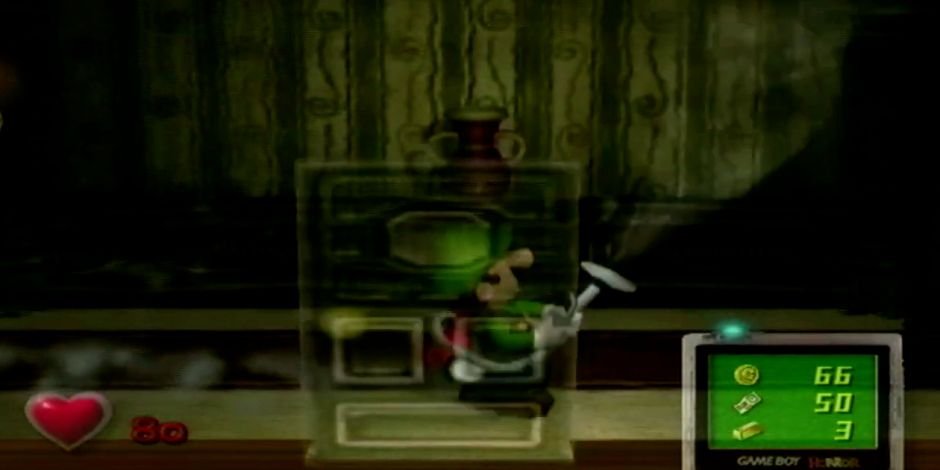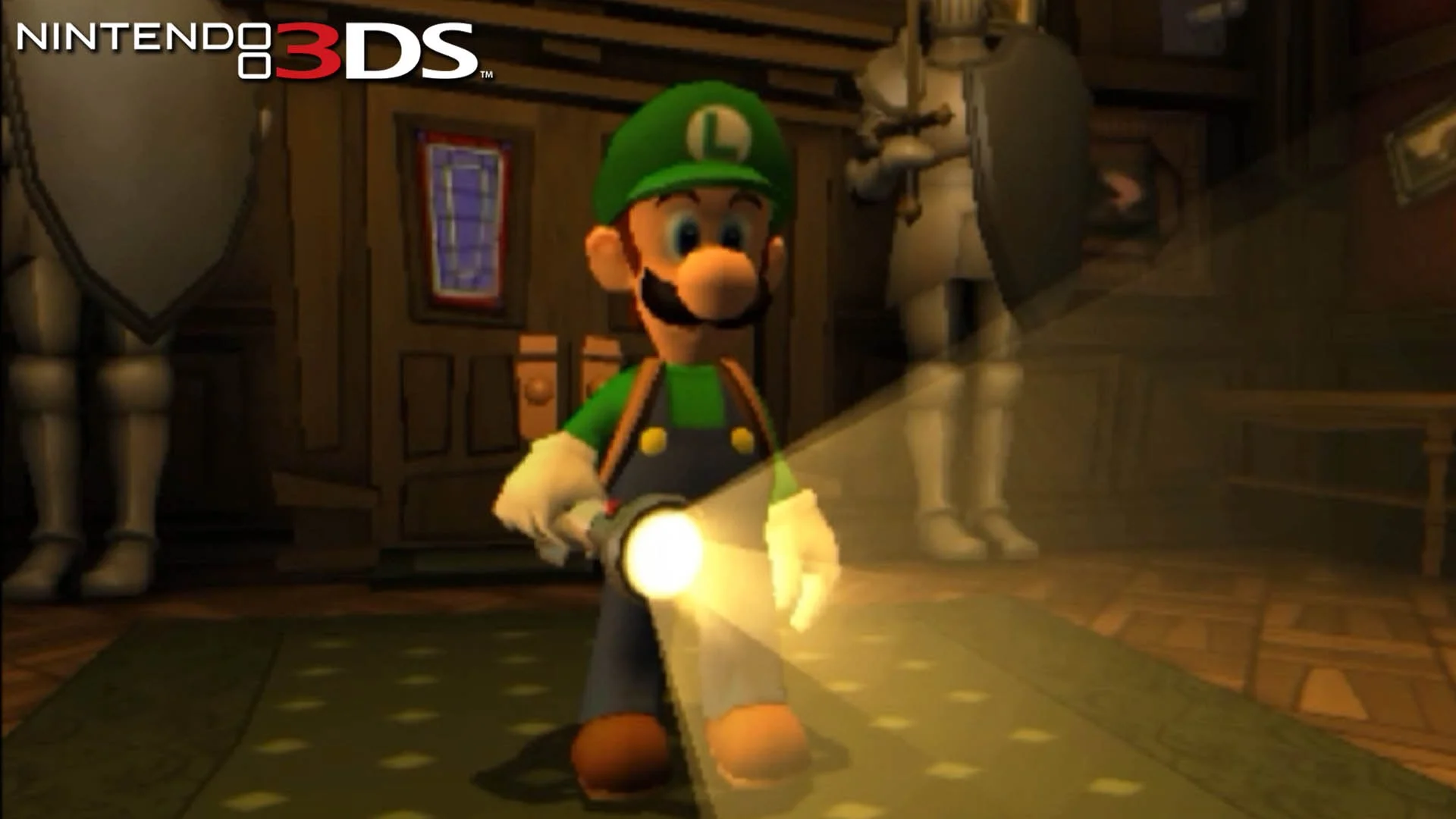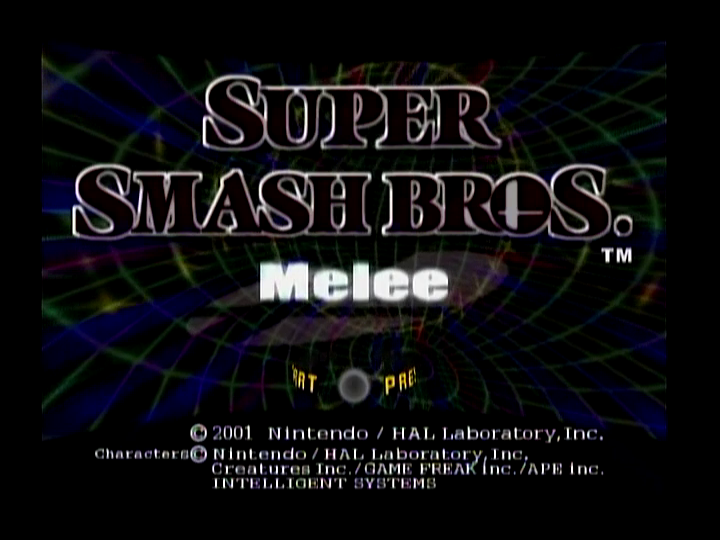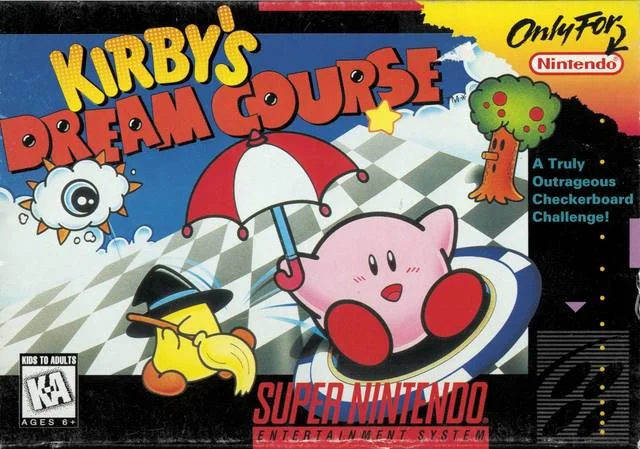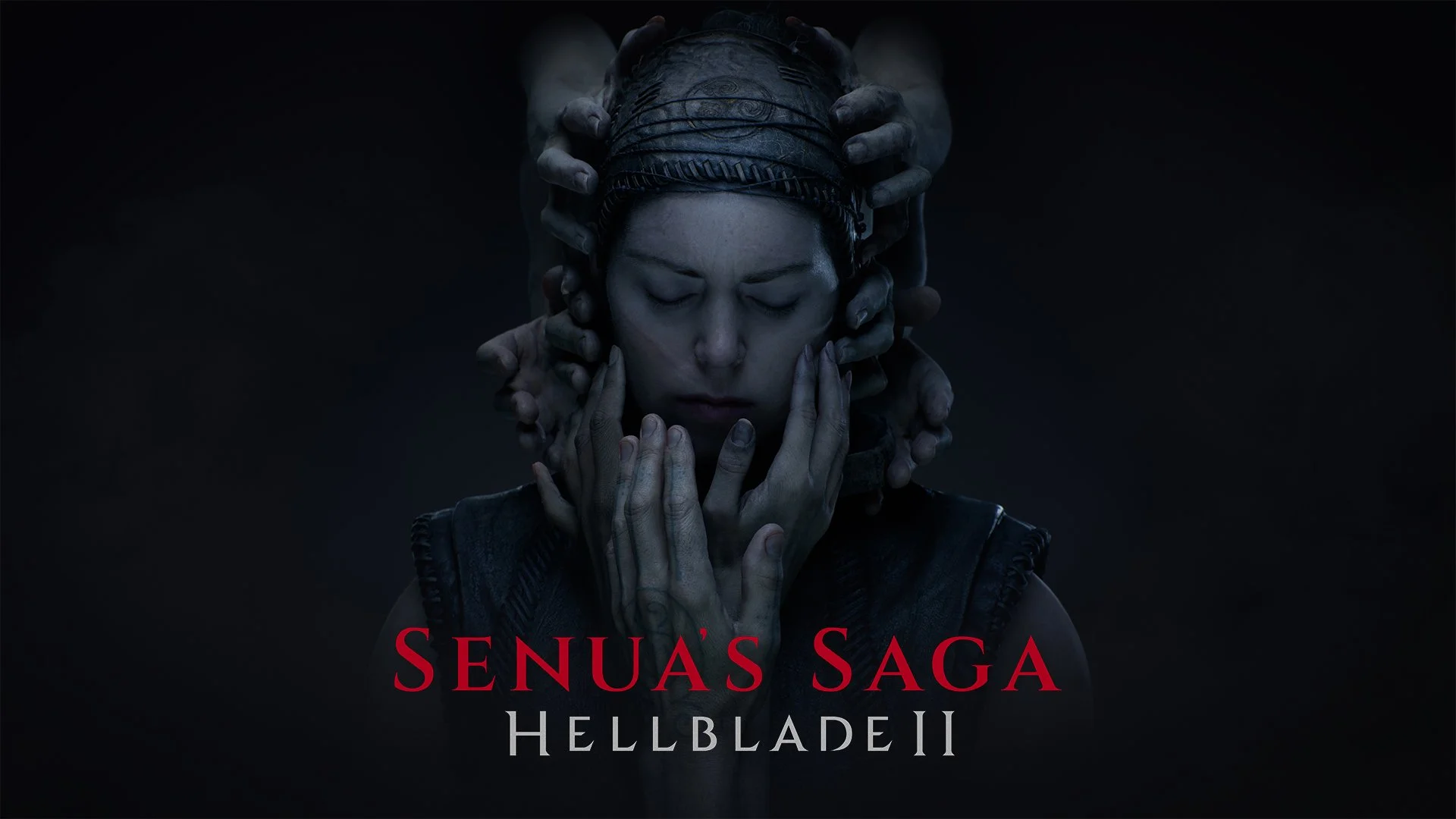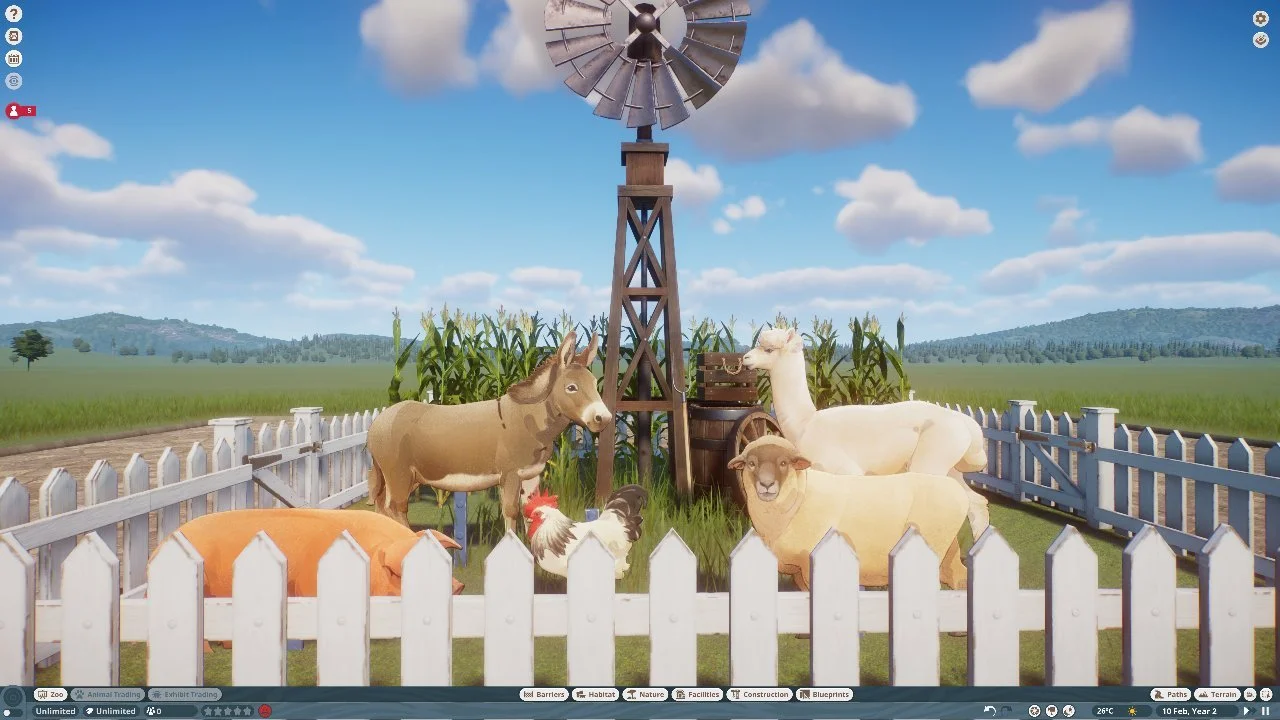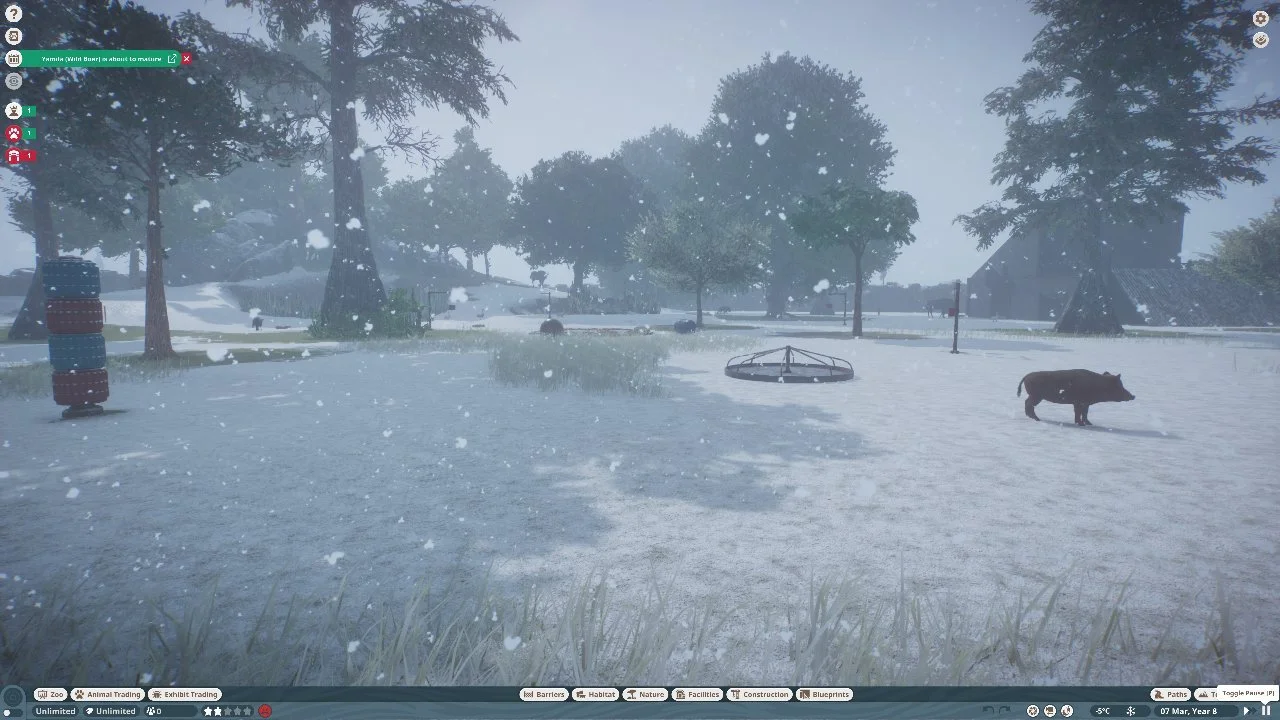Flashback to the fall of 2001: There are all kinds of political trouble and strife going on in the world. To distract ourselves, hobbyists and kids like myself and gamers of all ages and dedications have their eyes on the hottest video games for their birthday, Thanksgiving, Hanukkah, Christmas, you name it!
With Dreamcast stepping down, and a new contender in the ring, it was a three-sided duel between Sony, Microsoft, and Nintendo. For me, and a lot of the other dudes in my cohort, the Nintendo GameCube was what we coveted. Believe it or not, in November, we were still a few weeks away from Super Smash Bros. Melee and Pikmin. Of the original launch-day lineup, the two big titles from Nintendo themselves were Wave Race: Blue Storm, a sequel to the N64 hit and... Luigi's Mansion? What was this?
The previous Nintendo consoles made their debut with a Mario game, but with nary a Mario or Zelda in sight on the GameCube, having a Luigi led game as a launch title was a compromise of sorts to tide people over until the launch of Super Mario Sunshine, the next Mario 3D game, and to have something tangentially related to your all-star series. Besides the misguided and largely disavowed Mario is Missing educational game, Luigi's Mansion was another shot at giving Luigi his own series, and this one had Nintendo's full backing. This was one of the first games to ever be publicly shown for GameCube. Footage from SpaceWorld 2000 compressed into QuickTime files was some of the earliest demos that gaming journalists and the average consumer were able to bear witness to.
Developed by Nintendo's fame EAD group - in particular, the team members who worked on Mario Kart 64, Super Mario Kart, and the original Pilotwings - Luigi's Mansion has Big Green (Lean and Mean) bamboozled into claiming a mansion as a prize for a non-existence contest. In truth, the mansion is haunted, Mario is missing, and the whole situation is some esoteric plot by ghosts with King Boo as their ringleader. With his new ally, Professor E. Gadd, the Poltergeist 3000 vacuum, and the Game Boy Horror, Luigi sets out to navigate his way through these sinister machinations and find his missing brother.
The trailers never really adequately explained the game, but the best way I can describe it is like a hybrid of several mentalities: it's like a maze game, a classic PC adventure game, but it's a bit more action-y... but not too action-y but it's not a 3D platformer either. It has the trademark comedy of the Mario games, with the vacuum, it also has a bit of Ghostbusters thrown in there; which works for me as Ghostbusters is one of my favorite things ever; it's a tad scary, but not grotesque or TOO scary; more like a fun scary, like Scooby-Doo. It almost resembles a less violent version of Devil May Cry, where rooms are sealed off by a barrier, you clear each room of ghouls before you move on to the next one, and solve puzzles in order to open up other paths. Some are fairly obvious, while others require you to take a closer look.
Luigi had been a fixture in Mario's world ever since his introduction (Mario Bros.) but had for the most part been kind of blank or relegated to a player 2 character. Nonetheless, he's had a bit of a character evolution. Super Mario Bros. 2 gave him a talent for flutter jumping, the Paper Mario games have him being jealous of his brother, venting about him in a secret diary and having his own secret adventures off-screen in Paper Mario: The Thousand Year Door. In the Luigi's Mansion games... he's firmly established as an eccentric coward.
In order to defeat the ghosts, you have to ambush them to make their hearts appear. Sometimes it's straightforward enough, other times there's a puzzle to be solved. Then pull on the control stick in the opposite direction as you suck 'em in. The controls were a bit odd for me, I'm not a huge fan of Luigi's sluggish movement, but I think you’ll get used to it. When you get down to it, Luigi’s Mansion is another one of those games that makes great use of the GameCube controller. I am usually not the biggest fan of the C-stick on the GameCube but I felt they made it work for this game. The rotation and positing needed to get Luigi in the right spot to move on simply wouldn't be possible on the Nintendo 64. The models are a big improvement over the kind of graphics that the N64 era was churning out; this game was a turning point in the art direction of the Mario series not to mention the previously unseen particle and light effects. The game overall showcases the GameCube hardware, not always in the most obvious of ways.
There's some trial and error needed; stopping to think about what's going on and how to solve it, but even so, Luigi's Mansion is not a long game by any means. Word got out quickly that the game was short. Even when I was interested in it, I wasn't intent on buying it. I borrowed this from a friend about 19 years ago and completed it in about a week after playing about an hour or two a day; my most recent play-through took about 5 hours. The game is substantial enough to have substance, but the full retail asking price might have been too much for the time. It would go on to be a bestseller, but divided critics and audiences. Very few people were saying it was outright bad, however, there was uncertainty about the game's length and lasting appeal. When you beat a run-through, you're judged on your performance and can get a mansion or an over-glorified shack depending on how much money you picked up, so that can encourage replay value.
Luigi's Mansion is a game that largely is about character. Specifically, the character of Luigi, the game itself, and the concept. While I liked this effort to try a new type of game out, to dig deeper into Luigi and add some more ghosts to the Mario mythos, this did set forth the precedent that GameCube was going to be different as a new frontier for old faces and new favorites. The execution not being bad, but needed a bit of expansion. At the very least you can say there's nothing like Luigi's Mansion... except maybe for the sequels.
